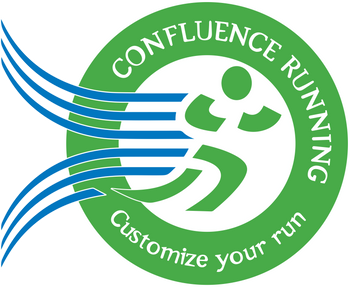Running Tips
Why the "No Days Off" Mentality Isn’t Always a Good Idea
The "no days off" mentality might seem like a badge of honor in fitness, but it can lead to overtraining, burnout, and even long-term injury. Social media challenges like run streaks and intense 30-day programs often encourage an all-or-nothing mindset, where success is defined by completion at any cost. This approach can override important body signals such as soreness, fatigue, or pain, ultimately pushing athletes past their limits. By neglecting rest and recovery, athletes risk elevated cortisol levels, adrenal fatigue, and reduced performance—all symptoms of overtraining syndrome. Rest days aren’t a sign of weakness; they’re a critical part of any training plan that prioritizes both short-term progress and long-term health.
A balanced training plan includes intentional recovery, with one or more full rest days per week, and incorporates active recovery or reduced-intensity workouts when needed. Rest days allow the body to repair muscle tissue, replenish energy stores, and restore hormonal balance, all of which are vital for sustained progress. Moreover, listening to your body and adapting your schedule when necessary—such as reducing workout duration or taking an extra day off—can prevent burnout and keep you on track for your goals. Remember, consistency doesn’t mean intensity every day; it means finding a rhythm that allows for both effort and recovery, fostering fitness improvements without compromising your health.



